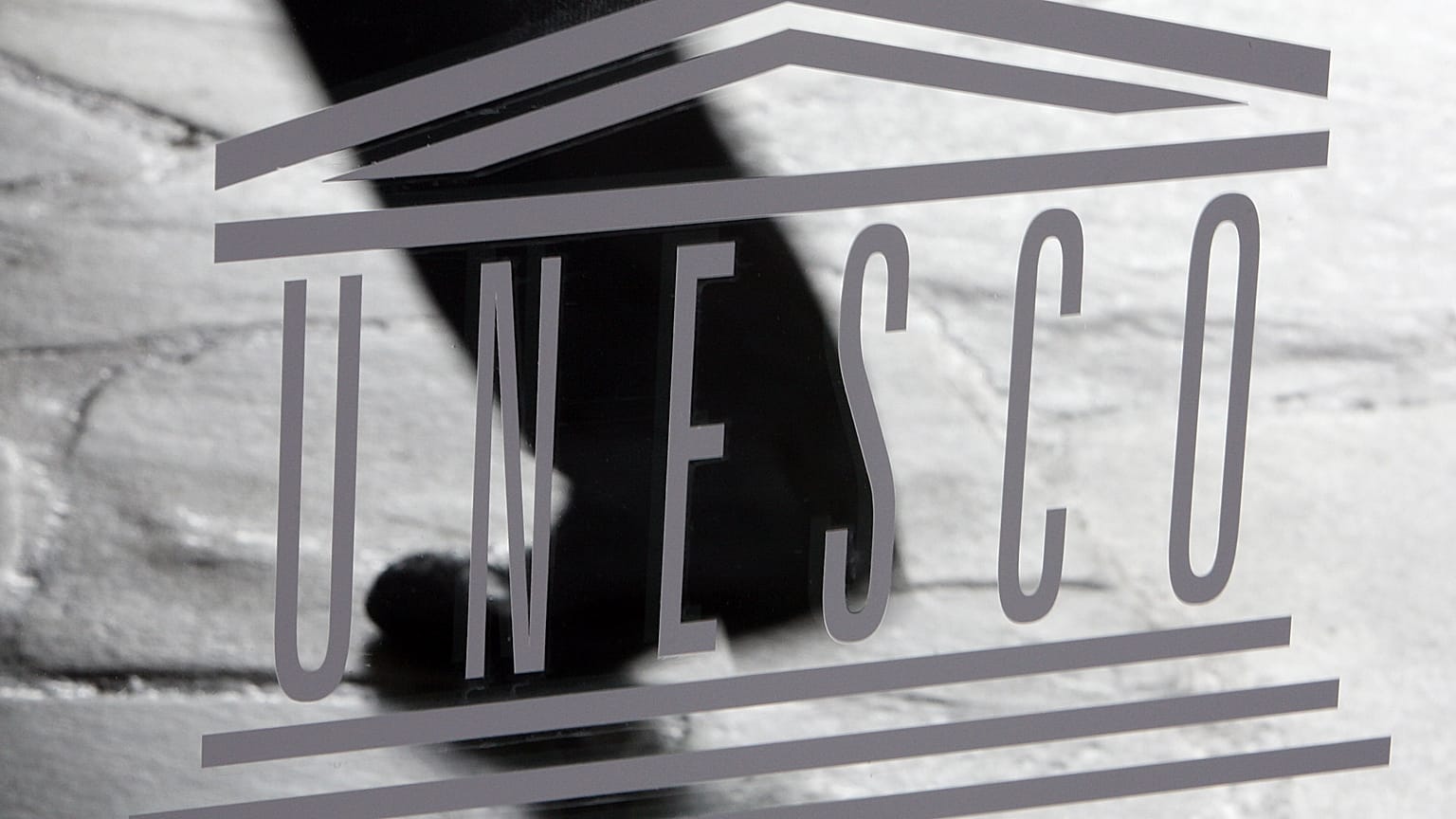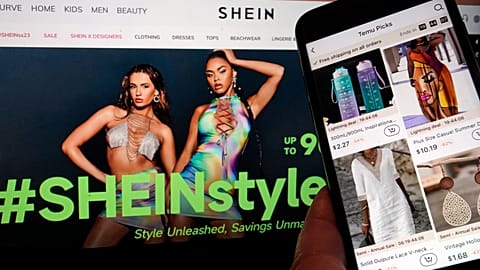A new UNESCO survey found that 62 per cent of online influencers do not check the facts of content they share with audiences.
A new survey from the UN’s education body has found that more than 60 per cent of online influencers don’t fact-check the content they share with their followers.
Researchers from Bowling Green State University in the US asked 500 influencers in 45 countries to fill out an online survey about their motivations, skills, practices, and challenges. They paired it with 20 in-depth interviews with influencers.
Content creators also had a hard time figuring out the best way to assess the information they see online, with 42 per cent saying they judge information by the number of likes and shares a post has received.
Another 19 per cent said they rely on the reputation of the original author or publisher to determine whether it's viable information.
One in five content creators surveyed would also share content provided by friends they trusted.
Journalists were also not the main source for content creators, the survey found, with only 37 per cent of respondents saying they used mainstream news media as a source. Their top two sources for content were their personal experiences and their own research and interviews.
New training to teach influencers about disinformation
This is an area where content creators want to do better, the survey noted, with 73 per cent of those surveyed asking for more training to take on disinformation.
“Digital content creators have acquired an important place in the information ecosystem, engaging millions of people with cultural, social or political news,” Audrey Azoulay, UNESCO’s Director-General, said in a statement.
“But many are struggling in the face of disinformation and online hate speech and calling for more training”.
UNESCO announced a month-long training programme alongside the survey results for content creators interested in fighting disinformation.
The course, created by media and information literacy experts, will "empower content creators to address disinformation and hate speech” and give them good background on “global human rights standards on both Freedom of Expression and Information".
During the course, the influencers will learn to source information from a range of sources, verify the quality of the information, and debunk and report disinformation and hate speech.


















